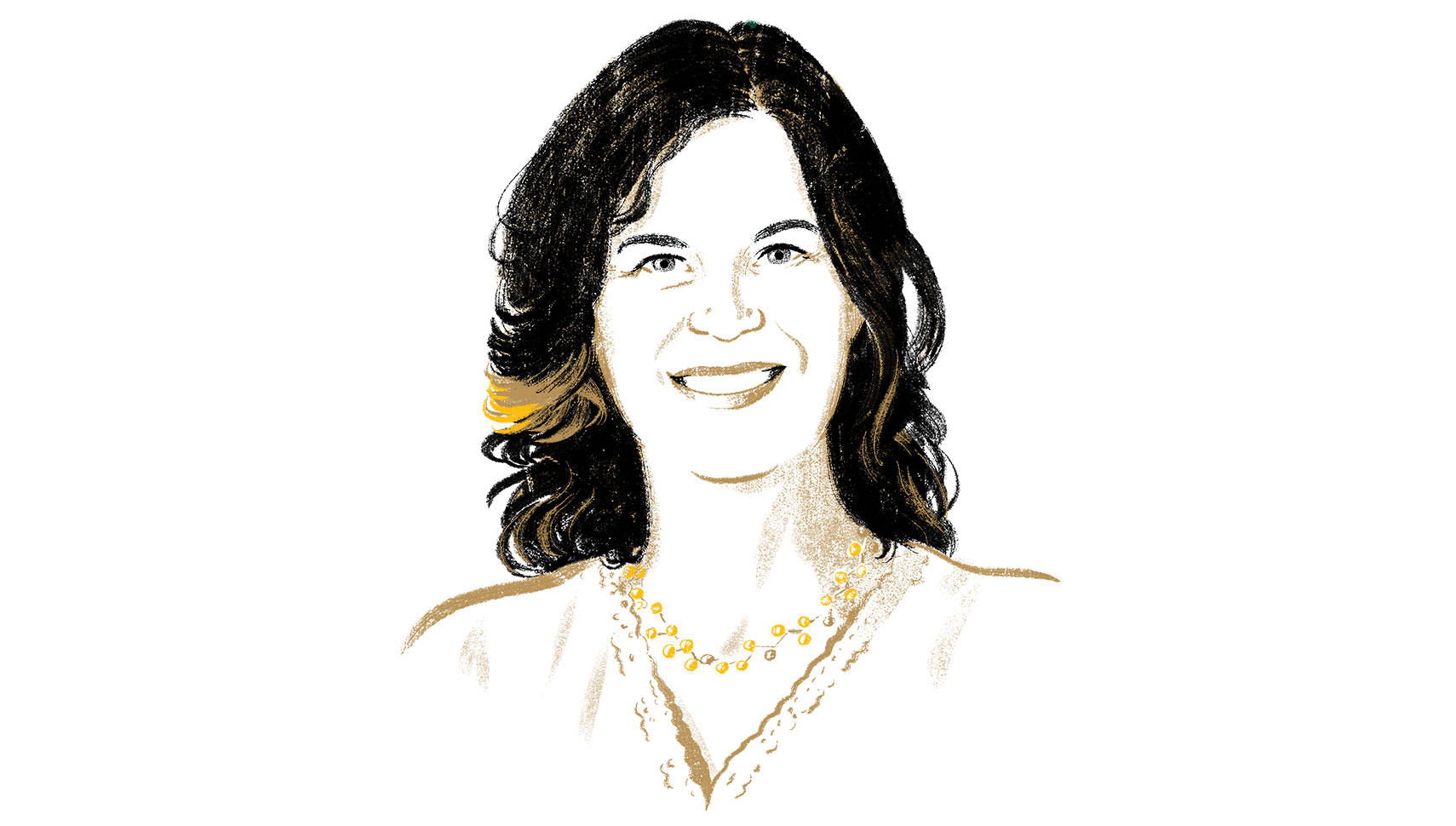The Spirit of the Game
October 7, 2024
By
Katherine A. Rowe
William & Mary President

Anyone attending Opening Convocation or Commencement in recent years will notice a new flourish in the program. As president, I open and close the academic year with a long pass: throwing a flying disc — aka a Frisbee — to our new students and graduates. This symbolic action is as personal as it is celebratory. Over the years, as a competitive player in the sport of “ultimate,” and then a coach, I learned lessons in teamwork and strategy that I draw on every day.
In William & Mary’s 332nd year, one lesson from ultimate remains front of mind for me: a rule called the “Spirit of the Game.” This pragmatic honor code makes players mutually responsible for upholding fair play. It reads: “Highly competitive play is encouraged, but never at the expense of mutual respect among competitors, adherence to the agreed-upon rules or the basic joy of play.”
The Spirit of the Game applies at the highest levels of international competition. In a hard-fought match, it is not uncommon to hear players call fouls on themselves. A swift conflict-resolution process between players settles on-field disputes in real time. As you may imagine, this kind of mindfulness takes practice. I can tell you from experience, it is much more difficult to acquire than a strong forehand.
The Spirit of the Game resonates especially this fall. As I write this column in early September, the busyness of move-in and joyful noise of Convocation have settled into steady academic rhythms. Through these opening weeks, I have heard gentle questions from campus leaders, parents and alumni who worry about a “hot” fall. They wonder, “How is William & Mary preparing for an intensely contested election season and surging international strife?”
Here’s the answer: As the university that shaped the ideals of our republic, W&M is honing the skills of 21st-century citizenship. Our approach is guided by three core commitments. First, we will always uphold freedom of expression, because a culture of listening, open reflection and debate is as essential to a strong learning community as it is to a healthy democracy. Second, we will do everything in our power to safeguard our campus so that students, faculty and staff can keep learning, teaching and pursuing new knowledge together. And third, we will not tolerate disruptions to those core mission activities. Our policies on this are clear and we apply them consistently. As with the Spirit of the Game, we expect every W&M person to know and uphold them.
We introduce these commitments pragmatically. Beginning four years ago, all incoming students study a civics curriculum, W&M Better Arguments, focused on five principles of respectful conflict. We teach that honorable people may deeply disagree; it is possible to forge a community of belonging despite — even through — such disagreement. The ability to bridge differences with empathy and openness is a learned skill, instilled with practice. Better Arguments builds time to reflect on different viewpoints in a systematic way.
In August, more than 70% of our faculty and staff gathered over two days of professional development to explore this same framework for civic engagement. Many of our leadership boards have explored Better Arguments. I encourage anyone interested to connect with the W&M Alumni Association to learn more.
The philosopher Hannah Arendt reminds us that such practices of reflective citizenship safeguard a healthy polity. Habits of curiosity and self-reflection — to “think what we are doing,” as Arendt put it — are key ingredients of civic responsibility. For Arendt, thought and action mature together, via systematic practice. Last year, I saw this maturity growing on campus in moving ways. As students debated fiercely and advocated passionately for their causes, they leaned on their self-governance processes. William & Mary continues to attract active, independent thinkers who take their civic responsibilities seriously.
As I write, I do not yet know what national and global events may impact our community by the time this magazine finds its way to your coffee table. What I do know is that William & Mary people are bound by our mutual commitment to teach, learn and grow in understanding. These shared purposes — for the sake of which each of us has chosen to come here — guide how we respond to uncertainty. This is the spirit of our game.